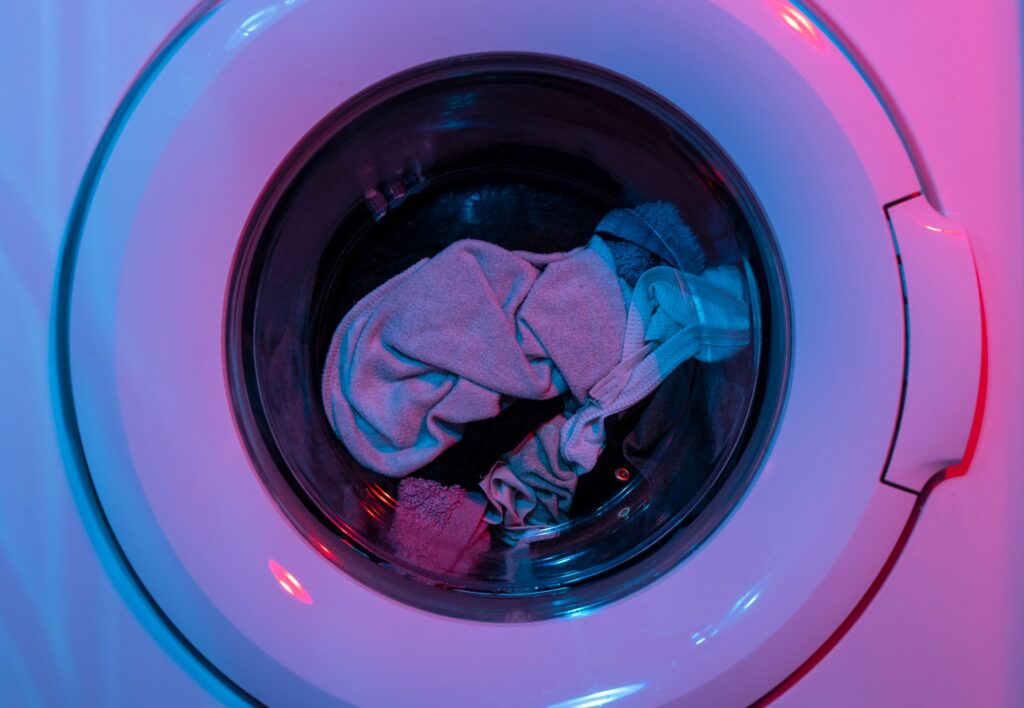
As technology advances rapidly, even the most routine household tasks are becoming easier and more efficient. Laundry, a chore that often seems never-ending, is seeing significant improvements thanks to modern appliance innovations. Today’s machines are not just about cleanliness; they are about creating value, saving time, and supporting sustainable practices.
These advancements make laundry day a breeze and promote sustainability, energy savings, and improved fabric care. In this article, we explore the diverse ways in which cutting-edge technologies are redefining laundry equipment and what this means for homeowners. Focusing on intuitive design paired with innovative technology underscores the shift toward more user-friendly and environmentally conscious products.
Introduction to Advanced Laundry Technologies
Laundry technology has evolved dramatically from its rudimentary beginnings. From duct cleaning solutions to smart connectivity, the landscape of laundry technology is transforming, offering more convenience and efficiency to users globally. Gone are the days when rigorous hand washing and manual wringing were commonplace. Today’s machines combine function and form, using advanced algorithms and engineering to ensure thorough cleaning with minimal effort. This evolution is not merely about washing clothes but enhancing the entire laundry experience. As consumers demand more convenience, manufacturers are pushed to innovate continuously, integrating more features to meet the needs of modern living.
The Rise of Smart Laundry Machines
Intelligent washing machines are becoming a staple in modern homes. These appliances offer features like remote operation, automated maintenance alerts, and user-friendly interfaces. Such technologies improve convenience and enhance the overall user experience, making laundry less of a chore and more of a seamless activity. The integration of smart home technology extends beyond mere convenience, offering predictive maintenance that minimizes downtime and enhances the appliance’s longevity by anticipating and addressing issues before they arise.
Eco-Friendly Features in Today’s Washers
In the quest for sustainability, modern washers have eco-friendly features that significantly reduce water and energy consumption. For instance, utilizing less water per cycle and advanced spinning techniques helps reduce utility costs and environmental footprint. Manufacturers are increasingly using recyclable materials and sustainable production methods, ensuring that even the creation of these machines adheres to green principles. According to the Environmental Protection Agency, this shift is crucial in creating household appliances that are not only effective but also conserve valuable resources.
Innovative Fabric Care Solutions
Modern washers have customizable settings tailored for different fabric types to ensure optimal care. By considering factors such as water temperature, spin speed, and detergent concentration, these settings prevent wear and tear, keeping your clothes looking newer for longer. This innovation is invaluable for consumers looking to protect their investment in clothing. Features like steam cleaning and delicate cycles provide additional layers of care that help maintain the integrity and appearance of fabrics over time.
The Integration of IoT in Home Appliances
The Internet of Things (IoT) significantly connects laundry machines to the broader smart home network. With built-in Wi-Fi and app connectivity, users can monitor wash cycles, receive end-of-cycle alerts, and schedule maintenance checks from their smartphones. Such capabilities transform simple laundry tasks into an integrated component of home management. Through app interfaces, users can gain insights into their washing habits, optimize energy use, and receive suggestions for better efficiency, making the laundry process intelligent and responsive.
Cost Efficiency and Energy Saving Technologies
Advanced laundry machines are designed to be more energy-efficient, allowing users to reduce their utility bills while enjoying robust washing performance. Energy-efficient appliances are economical and align with global efforts to lower carbon emissions. Many machines now have sensors that adjust water levels and wash times based on load size and dirt, ensuring that only the necessary resources are utilized. These technologies collectively contribute to significantly reduced operating costs and more sustainable household management.
The Future of the Laundry Industry
The laundry industry is set to embrace even more technological advancements. Innovations such as artificial intelligence for predictive maintenance and machine learning for user preference adaptation are on the horizon, promising even greater automation and customization. The potential for further integration with smart home systems implies that laundry appliances may soon interact with multiple devices, creating a fully connected and seamless home environment. Industry experts predict that the focus will shift towards making more personalized user experiences while continuing to emphasize sustainability.
Tips for Choosing the Right Equipment for Your Home
When selecting a new washer or dryer, consider household size, frequency of use, and specific features such as innovative connectivity and energy efficiency. These factors ensure you choose an appliance that meets your needs and offers the best value for money. It is also essential to evaluate machine ratings for energy and water consumption, as this data provides insight into potential savings over the appliance’s lifespan. By prioritizing these considerations, consumers can make informed decisions that reflect their practical needs and environmental consciousness.






